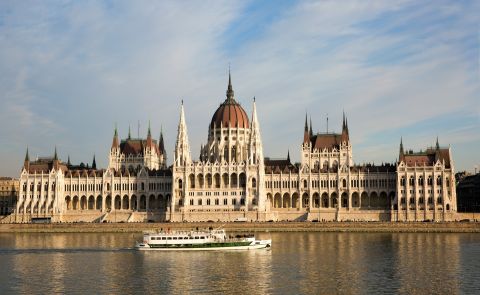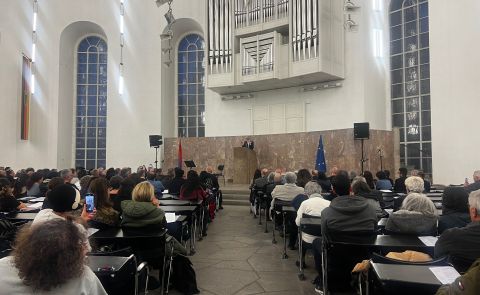
Armenian Church responds to Pashinyan’s statement
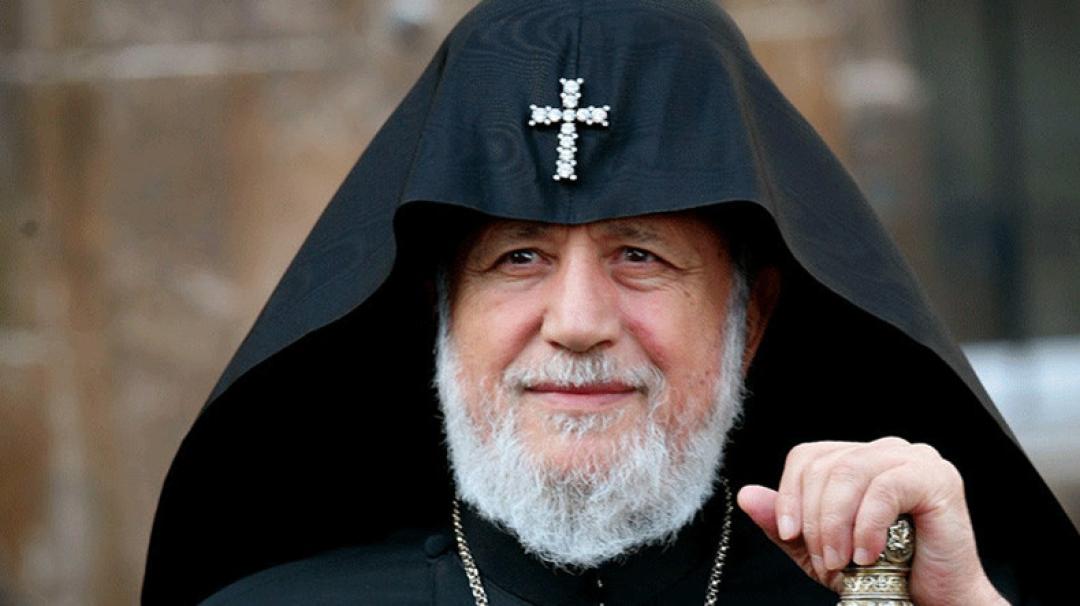
On 26 September, Catholicos of all Armenians Karekin II responded to the recent statement Prime Minister Nikol Pashinyan gave in Los Angeles on the Armenian Church.
“We will [probably] refer to the issue upon the return of the prime minister to Armenia. We are periodically meeting and discussing the issues relating to the church and the homeland. We will [probably] refer to the statement as well,” the Catholicos told the reporters. Speaking about the recent political events in the country, the Catholicos said that there are issues facing the country which concern the people, and “these concerns, naturally, find their manifestation in our national life and the Diaspora’s life”. “We are hopeful that all problems will be resolved, we pray for our country to live in peace and be stable,” he added.
At a news conference in Los Angeles on 23 September, a reporter from the Hay Kyank (Armenian Life) news website asked Armenian Prime Minister Nikol Pashinyan to comment on his earlier statement that the government should not interfere in church affairs.
Pashinyan responded by saying: “I would like to understand, do we want the government to enter church affairs? If it turns out that the Armenian people want the government to enter church affairs, the government will discuss this demand of the Armenian people, will understand what practical possibilities exist”.
He continued: “When we are saying that we aren’t entering the internal life, some clergy conclude that we are not like the former government, that we are a weak government”. He added that those who are thinking about conspiring and sabotaging the government will receive “a very heavy counterblow and will be brought down to their knees both literally and figuratively”. “I’d like to warn anyone against mistaking our smiles and respect as weakness. Those who perceive our methods as weakness perceive people as a weak, [opinion less] entity,” Pashinyan concluded.
In June, Pashinyan stated his support for the Armenian Apostolic Church and pledged to promote “Christian values” in Armenia, saying that they hold the key to human happiness. “I will dare to say that the non-violent, velvet, popular revolution that took place in Armenia was for the most part based on the Christian values. As a human being, as a politician, I myself regard the moment when I read and reread the New Testament as a turning point in my life. I believe that the doctrine at the heart of it is really revolutionary in all senses, including the state-building sense, and this is the formula which can bring happiness to the Republic of Armenia, its citizens and humankind in general,” he said at the inaugural session of a working group tasked with ascertaining his government’s relationship with the Armenian Apostolic Church.
Speaking at the meeting, Catholicos Karekin II said the authorities should take into account “enormous human and material losses” suffered by the church in Ottoman Turkey and in Soviet times. “In this context, state support is important so that the Church can restore necessary conditions and capacities for accomplishing its mission in the homeland and the Diaspora,” he said. Without naming anyone, Karekin II also criticized those who want to “restrict” that mission by citing the church’s separation from the state declared by the Armenian constitution. He argued that the constitution also recognizes the church’s “exceptional” role in the country’s history and social life.
Article 8.1 of the Constitution of Armenia states that “the Republic of Armenia recognizes the exclusive historical mission of the Armenian Apostolic Holy Church as a national church, in the spiritual life, development of the national culture and preservation of the national identity of the people of Armenia.” Although its constitution makes Armenia a secular country and separates Church and State, the Armenian Apostolic Church is still perceived as a State church. Before the Article 8.1 in the Armenian Constitution, Article 17 of the Armenian Code laid the foundations of the State-Church relations in Armenia. According to this article the State: 1) Shall not force a citizen to adhere to any religion. 2) Shall not interfere in the activities and internal affairs of the Church and religious organizations as long they operate in accordance with the law; no state agency or person acting on behalf of this agency shall operate within a Religious Organization. 3) Prohibits the participation of the Church in governing the State and shall not impose any governmental functions on the Church or Religious organization.
The Armenian Apostolic Church has often been criticized for its perceived support of the governments of Robert Kocharyan and Serzh Sargsyan despite the formal separation of church and state in Armenia. According to former Prime Minister Hrant Bagratyan, religion and state management "have completely gotten mixed up". He called the church an "untouchable" organization that is secretive of its income and expenditure. Large-scale construction of new churches in the independence period and the negligence of endangered historic churches by the Apostolic church (and the government) have also been criticized.
See Also

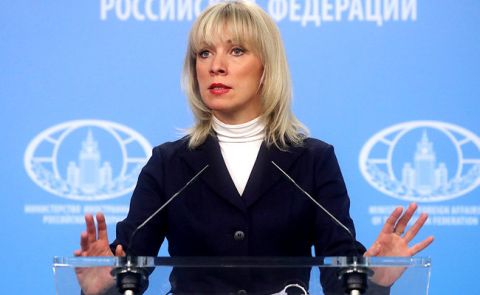
Russia Calls for Bilateral Talks Between Armenia and Azerbaijan Over Cultural Sites
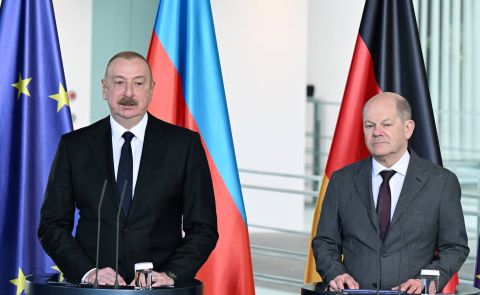
Azerbaijani President Aliyev Engages in High-Level Talks with German Leaders
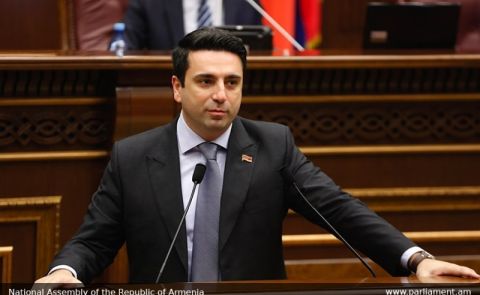
Armenian Speaker Advocates for New Gas Pipeline Options from Azerbaijan and Iran
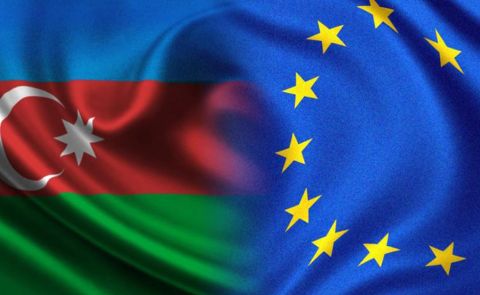
European Parliament Demands Release of Political Prisoners in Azerbaijan
